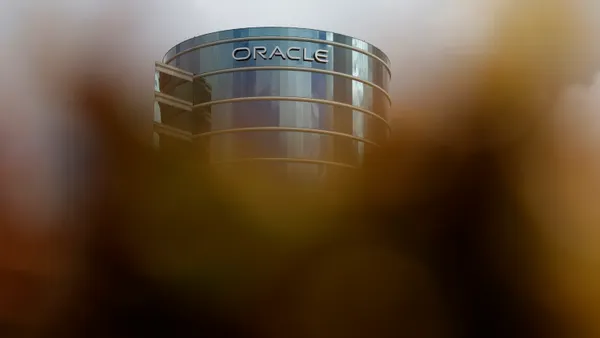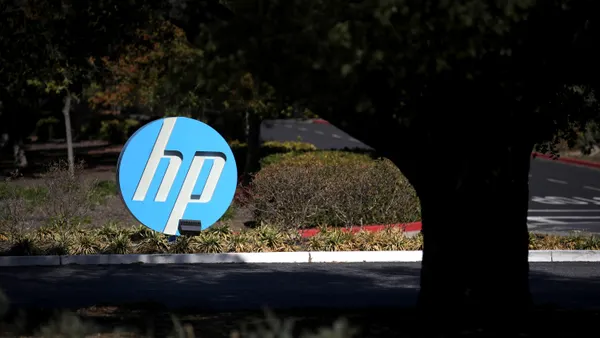Dive Brief:
- With technology companies preparing or rolling out initial public offerings (IPOs), San Francisco Supervisor Gordon Mar proposed a payroll tax on stock compensation. The proceeds would go to programs to address income inequality, Mar said.
- Mar's proposal would put a 1.12% payroll tax on stock compensation, on top of the existing 0.38% payroll tax. That would restore the rate to 1.5%, which had been the standard in San Francisco until it was lowered in 2011. The proposal will be formally introduced before the Board of Supervisors in May; if approved, it will be on the November ballot and would require two-thirds of the vote to pass.
- In his announcement Mar made note of the gap between income and housing costs. He wrote that this is the outcome for a city that grew the tech sector by cutting taxes and building offices and condos.
Dive Insight:
Several major tech companies have filed or are expected to file paperwork to go public this year. Lyft, Pinterest and Zoom have already debuted on public markets. Uber and Slack have filed paperwork to do the same, and Airbnb and Postmates are also likely to file IPOs soon. That means San Francisco, the epicenter of the tech industry, could see an influx of wealth, potentially exacerbating the income divide.
In introducing the proposal, Mar said it was "time we disrupt inequality, and put the interests of the public above private profit."
Mar has not detailed how the money might be spent, although he named organizations like San Francisco Rising and Jobs With Justice as partners. Both groups advocate for working class families and have targeted the tech industry for a spike in housing prices.
According to Jobs With Justice executive director Kung Feng in an interview with Bloomberg, funding would support affordable housing, low-income workers and education. Housing costs have been a particular pain point for the city, as wealthy tech employees have driven up rent and contributed to an affordability and homelessness crisis.
There is likely to be push back on the proposal, as with other measures meant to tax tech to help inequality. In San Francisco, business groups have fought Proposition C, which would impose a half-percent tax increase on businesses making more than $50 million a year to support homeless services. Similarly, Seattle overturned its "head tax."
Many tech companies have pointed to voluntary donations, like ones recently made by NetApp and Okta, as evidence that they are helping the community.














